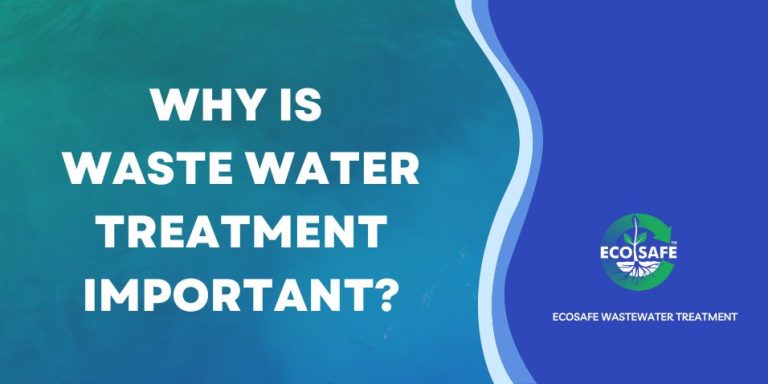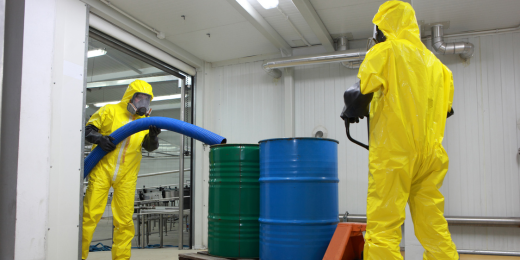Some Known Questions About Reclaim Waste.
Some Known Questions About Reclaim Waste.
Blog Article
Not known Facts About Reclaim Waste
Table of ContentsOur Reclaim Waste PDFsSee This Report about Reclaim WasteWhat Does Reclaim Waste Mean?The Ultimate Guide To Reclaim WasteThe smart Trick of Reclaim Waste That Nobody is Talking About
Residential sewage waste refers to the waste and products from a property septic tank. The correct administration and disposal of residential sewage waste require fluid waste to be moved to a sewage treatment plant where the correct methods and devices are used to purify and dispose of waste.
Industrial waste frequently consists of potential risks, such as combustible materials or a blend of fluid and solid waste items, and requires an advanced and in-depth disposal process. The disposal of commercial waste commonly involves the filtration of waste prior to transport to ensure risk-free and appropriate disposal. Hazardous waste is produced from by-products and overflow of industrial procedures and manufacturing.
This type of waste can not make use of the exact same sewer administration transportation or processes as septic or commercial liquids. The commercial waste administration procedure requires the evaluation and screening of liquid waste before it undergoes the disposal process (liquid waste removal). Drainage waste is the fluid waste that comes from overflow and excess stormwater in extremely inhabited areas or cities
Runoff waste can cause contamination and flooding if not dealt with correctly. Discover more regarding sewer cleaning and waste monitoring. Ensuring correct waste monitoring can stop catastrophes and minimize environmental harm. Both individuals in domestic settings and experts in business or production industries can benefit from recognizing the procedures and policies of liquid waste administration.
Reclaim Waste Can Be Fun For Everyone
Get in touch with PROS Providers today to learn more about our waste administration and disposal solutions and the proper methods to care for the liquid waste you generate.
(https://profile.hatena.ne.jp/reclaimwaste1/)Do you know what takes place to your water when you pull the plug, purge the commode or drain the cleaning maker? No? Well, it's worth recognizing. This so-called 'wastewater' is not just an important source however, after therapy, will be launched to our land, waterways or the sea. Used water from bathrooms, showers, bathrooms, kitchen area sinks, washings and industrial procedures is understood as wastewater.

water made use of to cool machinery or tidy plant and equipment). Stormwater, a type of wastewater, is runoff that streams from farming and urban locations such as roofing systems, parks, yards, roadways, paths and seamless gutters into stormwater drains pipes, after rain. Stormwater moves unattended directly to local creeks or rivers, at some point getting to the ocean.
What Does Reclaim Waste Do?
In Queensland, many wastewater is treated at sewage treatment plants. Wastewater is transferred from domestic or industrial sites through a system of drains and pump stations, understood as sewerage reticulation, to a sewer therapy plant.
The Department of Natural Resources suggests city governments regarding handling, operating and maintaining sewage systems and treatment plants. In unsewered areas, local federal governments may require owners to set up private or home sewage therapy systems to deal with domestic wastewater from bathrooms, kitchen areas, shower rooms and laundries. The Division of Natural Resources authorizes using home systems when they are verified to be efficient.
In some brand-new communities, therapy of some stormwater to remove clutter, sand and gravel has actually started using gross pollutant traps. Wastewater therapy happens in 4 stages: Gets rid of solid issue.
Uses small living microorganisms understands as micro-organisms to damage down and eliminate remaining liquified wastes and great particles. Micro-organisms and wastes are incorporated in the sludge.
A Biased View of Reclaim Waste
Nutrient elimination is not available at all sewer treatment plants because it needs expensive specialised tools. Clear liquid effluent created after therapy may still include disease-causing micro-organisms - liquid waste disposal.

Many wastewater flows right into the sewerage system. Under the Act, neighborhood governments carry out authorizations and licences for ecologically relevant tasks (Periods) including wastewater launches that may have a regional effect.
All About Reclaim Waste
Otherwise, examples are taken for lab evaluation. Typically many tests are needed to develop the degrees of each of the different contaminants such as oils, hefty steels and chemicals in water. Monitoring supplies accurate great site details concerning water quality and can confirm that licence conditions are being satisfied. The details gotten through tracking gives the basis for making water top quality decisions.
Report this page